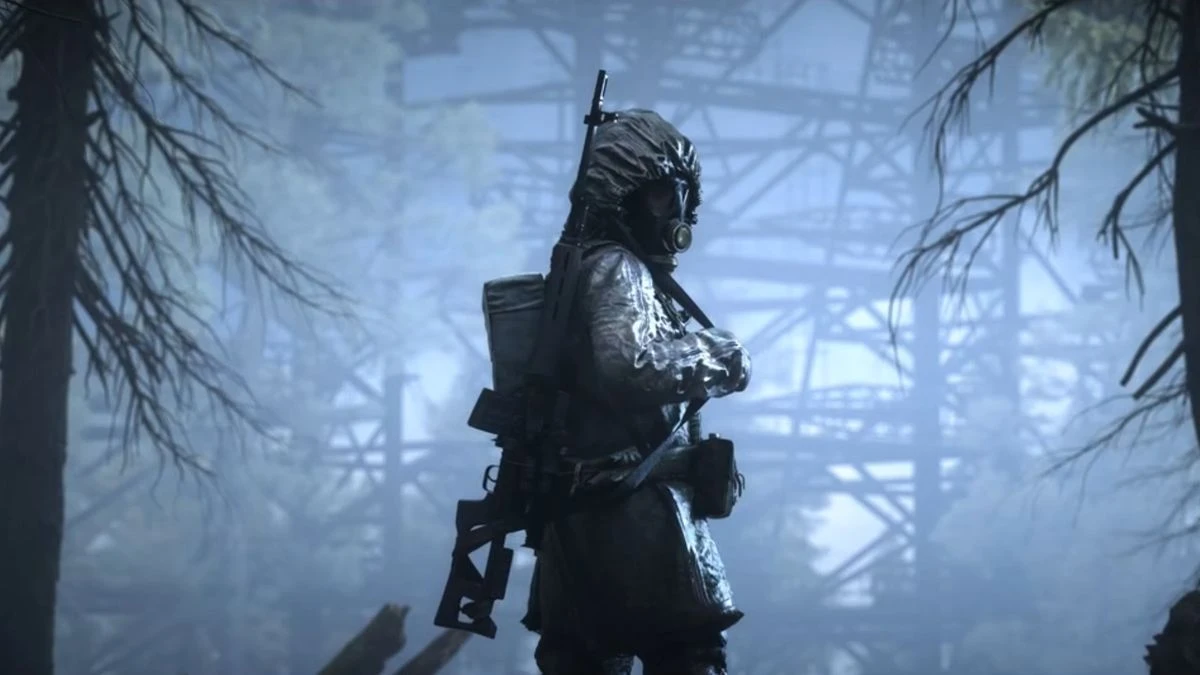Interplay had planned a deep South Fallout 2 with a guerilla war vibe, but it was cancelled.
The Fallout lineage is roughly divided into pre-Bethesda versus post-Bethesda. However, there are also byroads. Micro Forte's 2001 Brotherhood of Steel RPG, Fallout Tactics is one of the most notable. The game received a positive critical reception, but sales were not great. It occupies a strange, non-canonical niche: it was ignored by Bethesda, Todd Howard, and Amazon's Fallout series, which "sucked", yet it has a small influence on the show.
Jeremy Peel sat down recently with Fallout Tactics lead designer Ed Orman to discuss the game's rapid and sometimes troubled development. This included the hairy deathclaws. The conversation ends with Fallout Tactics 2 - a sequel that had been planned and even discussed before Interplay collapsed, and it was irradiated Dodo.
Orman says, "Somewhere out there in the ether is a document." "I don’t know if there is one anywhere, and I don’t have it either, but it’s a spec for Tactics 2. It was a spec which, in general, tried to address the majority of the issues we've discussed: it was a smaller, but still similar campaign. After establishing it, we would simplify both the economy and the number of weapons and objects in the game.
Orman believes that Fallout Tactics had a problem with feature creep and a tight schedule, which made balancing the game a nightmare. The sequel was streamlined, allowing it to focus on the real-time aspects. Orman says that the game "embraced" the real-time element. "I don't believe we would have been able to give up turn-based. It was definitely supposed to be the real-time version.
Orman was blissfully ignorant of the bad things going on at Interplay and focused instead on what the team can do to fix the game that had just been released. Orman says, "Theoretically, we could reuse all the assets except for new content for the campaign." "And it was going into the deep South which gave us a lot of opportunities for new mutants, creatures, and things that you had never seen before in Fallout. And new factions, and all that kind of stuff. There were many ideas, and I think that it would have addressed a lot different problems we had discovered. If we'd had more money we would have fixed them. We decided to fix the problems in the sequel."
The story is a real screamer. Orman says, "We were talking of having an Eve Kit which would basically take on the role as the robots in Fallout Tactics 1." "The idea was to have an Eve Kit that created intelligent plant hybrids. The plants were going be the biggest problem. By going to the South, and having really lush environment, that would make it more interesting. You can no longer distinguish between the environment and the enemies. The missions have a more guerrilla warfare feel. I don't remember how far we went with that idea, but I thought it was cool."
Funny enough, the Atlantic City-based expansion of Fallout 76 explores very similar ideas. This is another example of Tactics’ quiet influence on contemporary Fallout. Orman laughs, "It's like a parallel evolution." "Some of these concepts just naturally come from the setting."
Unfortunately, Interplay's financial woes were about to explode. Micro Forte shipped a game that was well received in a popular series, but it was still affected, just like many other studios.
Orman: "Yes, it was terrible." "I didn't enjoy it, but the worst part was for everyone who lost their job. I was young, but I realized for the first time, as a leader, what it meant to be responsible for making it okay for those who lost their job and for those who stayed. We learned about it two or three days prior to the deadline for telling everyone else. I was not allowed to tell anyone. To keep that information to yourself is your responsibility.
"That was a suckup." It was also a bad experience. It was not done properly. I understand the economic reality. I understand why it was necessary to have happened now. I was naive and ignorant back then. I raged against this injustice. I understand that if there is no money then you have to let people go. You can either do it well or badly. It is always a pity. It's a waste of time to hire people, kill them off, and then hire them back up again. It's not even economically sensible, let alone considering the human cost of the whole thing."
Orman moved on and Fallout Tactics 2 was forgotten. Bethesda has said that the original is the most bizarre of the series, but the current wasteland has been influenced by it. Orman is philosophical about Tactics and its place in the Fallout universe. "Little bits and pieces from Tactics are now canon, just by the back door, over time," he says. "And that's enough for me."




Comments